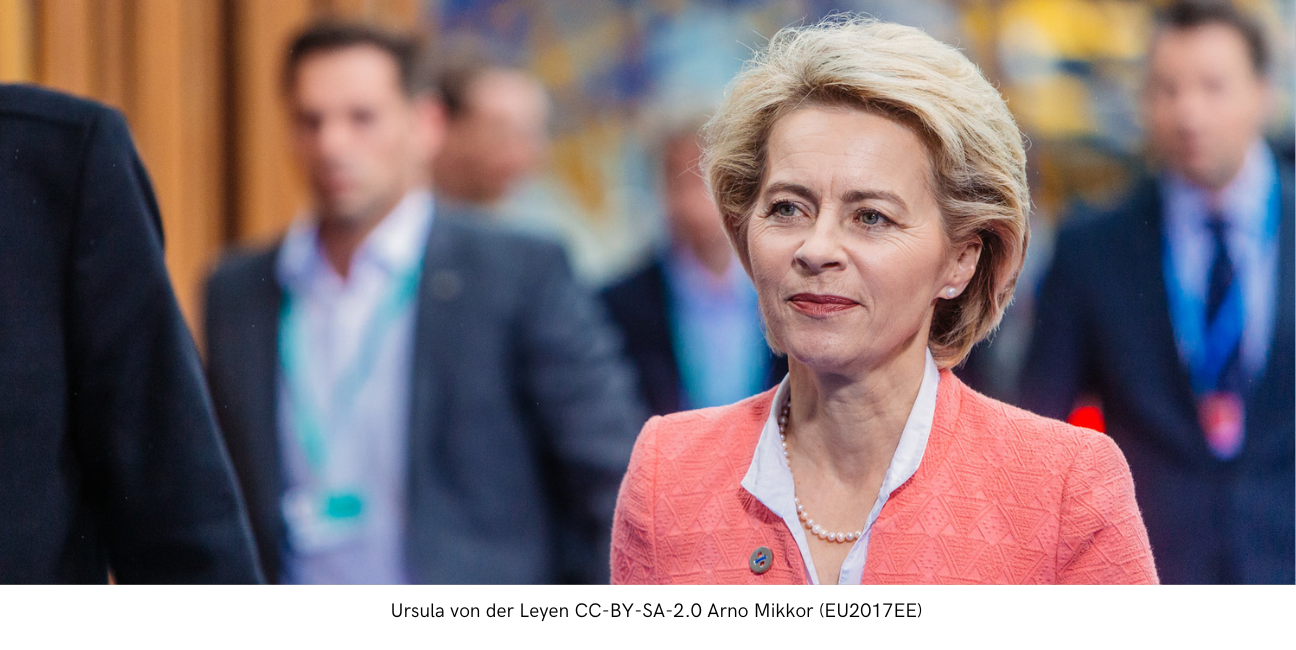
European Commission President Ursula von der Leyen voiced support for a bipartisan U.S. Senate initiative to impose additional sanctions on Russia, following a meeting in Berlin with Senator Lindsey Graham. The EU is preparing its 18th sanctions package as both sides seek to increase pressure on Russia’s energy and banking sectors.
On Monday, European Commission President Ursula von der Leyen met with Republican U.S. Senator Lindsey Graham in Berlin to discuss coordination between the EU and the United States on sanctions against Russia. Von der Leyen stated that the EU is currently preparing its 18th package of “hard-hitting” sanctions, with a focus on Russia’s energy and banking sectors.
Senator Graham is advocating for a bipartisan bill in the U.S. Senate that would impose steep tariffs on countries purchasing Russian energy resources. The bill, co-authored with Democrat Richard Blumenthal in April, has garnered 60 co-sponsors and is anticipated to advance this week. “Pressure works, as the Kremlin understands nothing else,” von der Leyen said in a statement. She added that joint EU and U.S. measures “would sharply increase the joint impact of our sanctions.”
Graham wrote on X, “It’s time for the world to act decisively against Russia’s aggression by holding China and others accountable for buying cheap Russian oil that props up Putin’s war machine.”
Ahead of negotiations between Kyiv and Moscow in Istanbul, Ukrainian President Volodymyr Zelenskyy called on Trump to impose tougher sanctions on Russia if peace talks stall. Von der Leyen and Graham also discussed increasing pressure on Russia over the abduction of more than 20,000 Ukrainian children.
The two officials agreed that “a negotiated solution [to the U.S.-EU tariff dispute] … would be the best scenario,” according to a press release. Senator Graham is scheduled to meet German Foreign Minister Johann Wadephul later on Monday to continue discussions on sanctions.
A German foreign office spokesperson stated, “In our view, lowering the oil price cap in conjunction with effective enforcement is conceivable. This could be combined with further measures against the Russian shadow fleet and supporters of sanctions evasion from third countries.”
